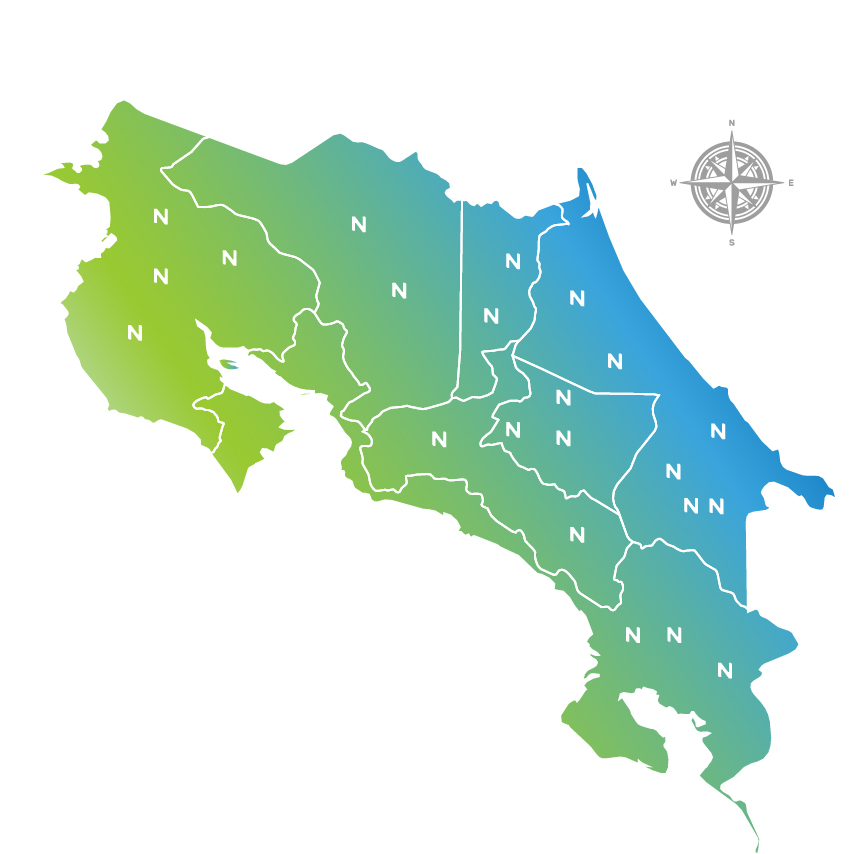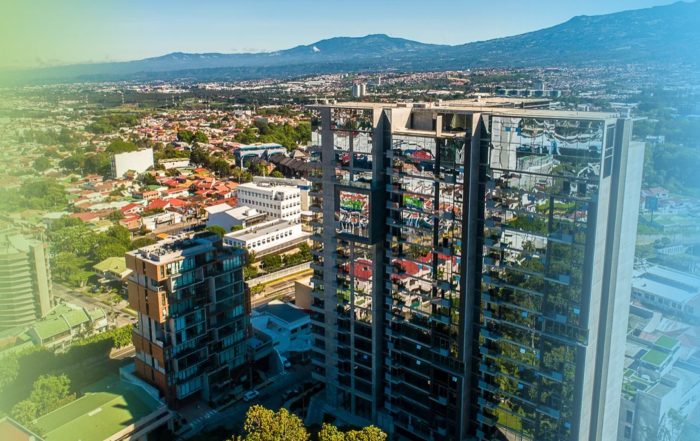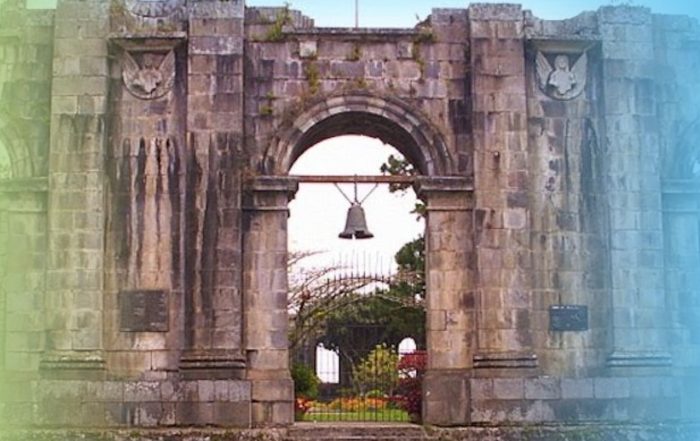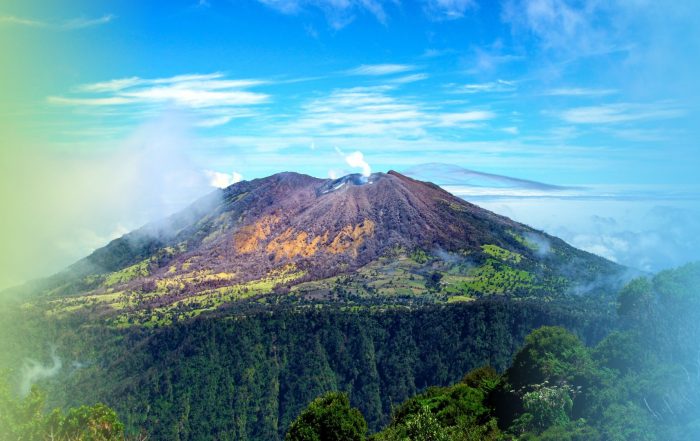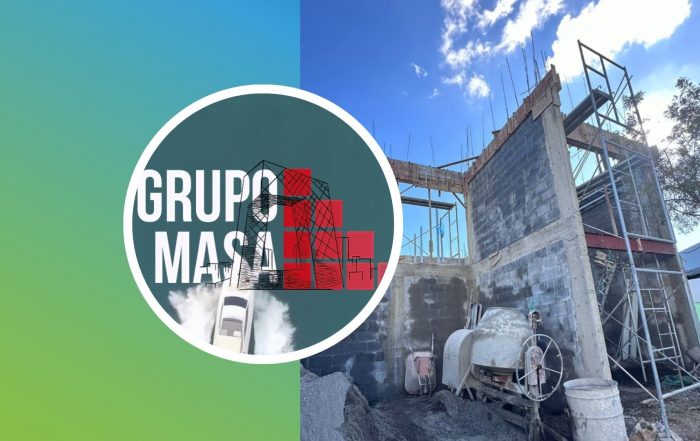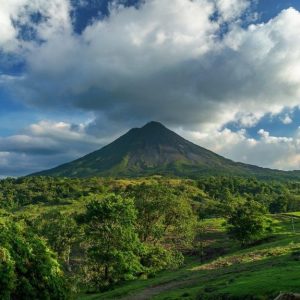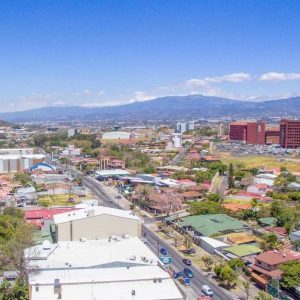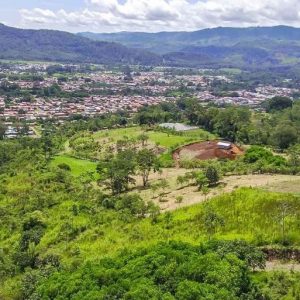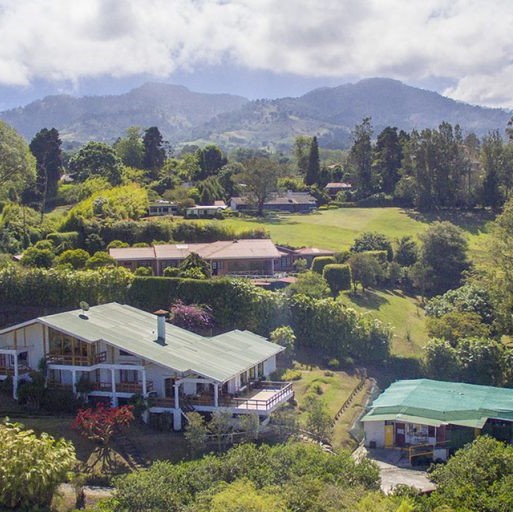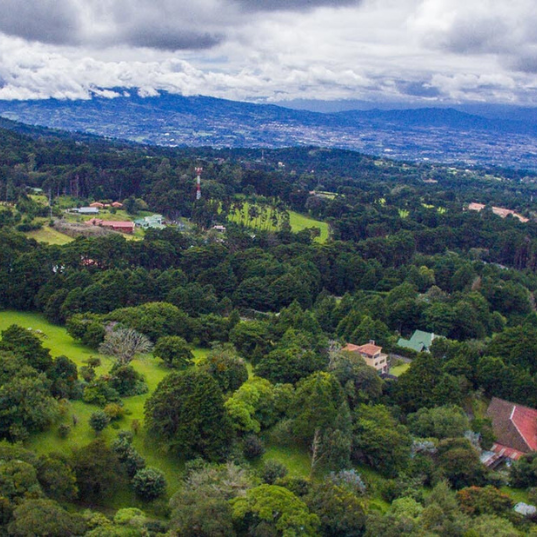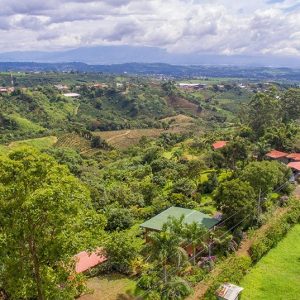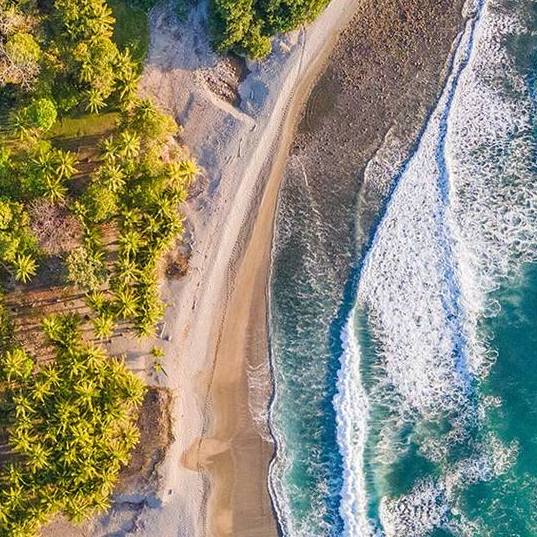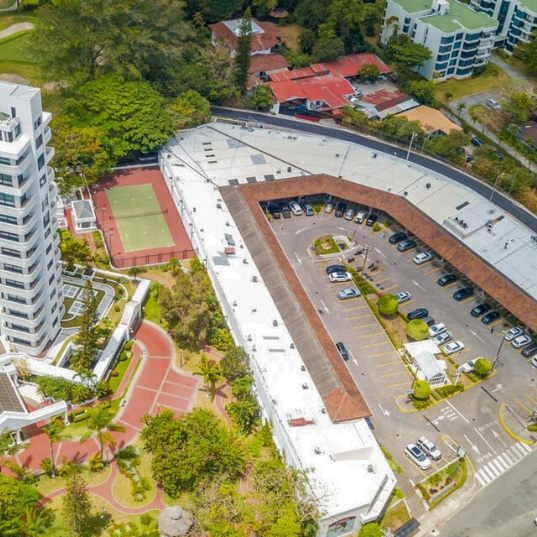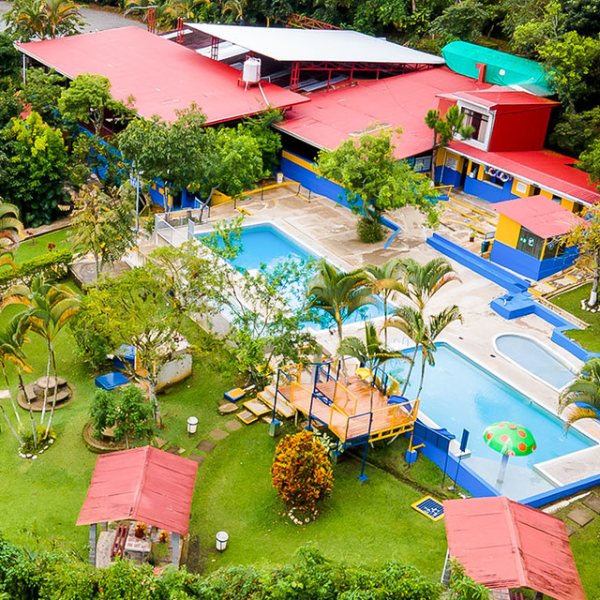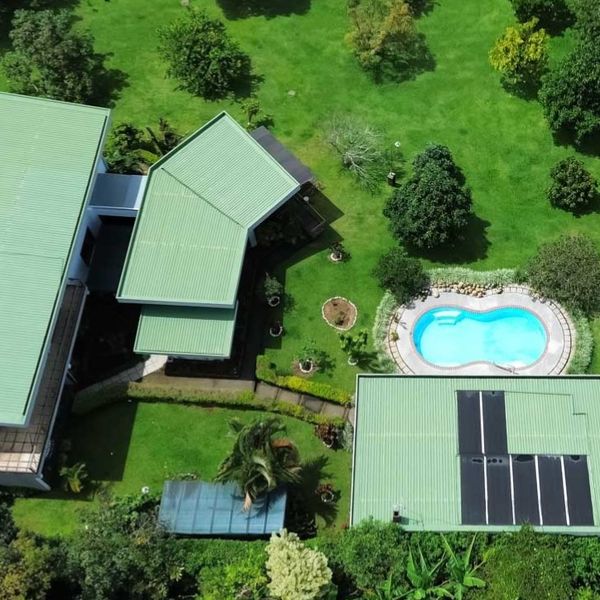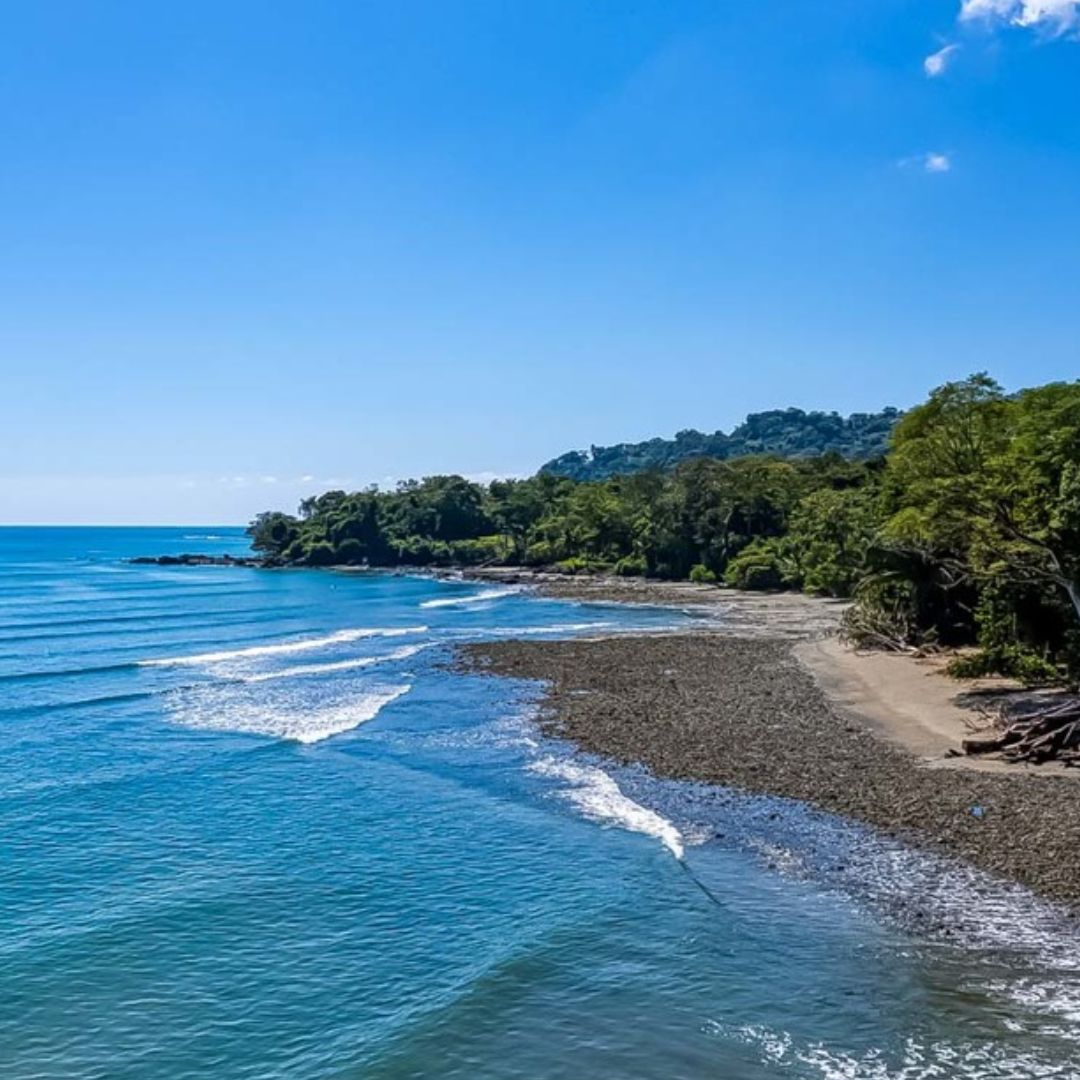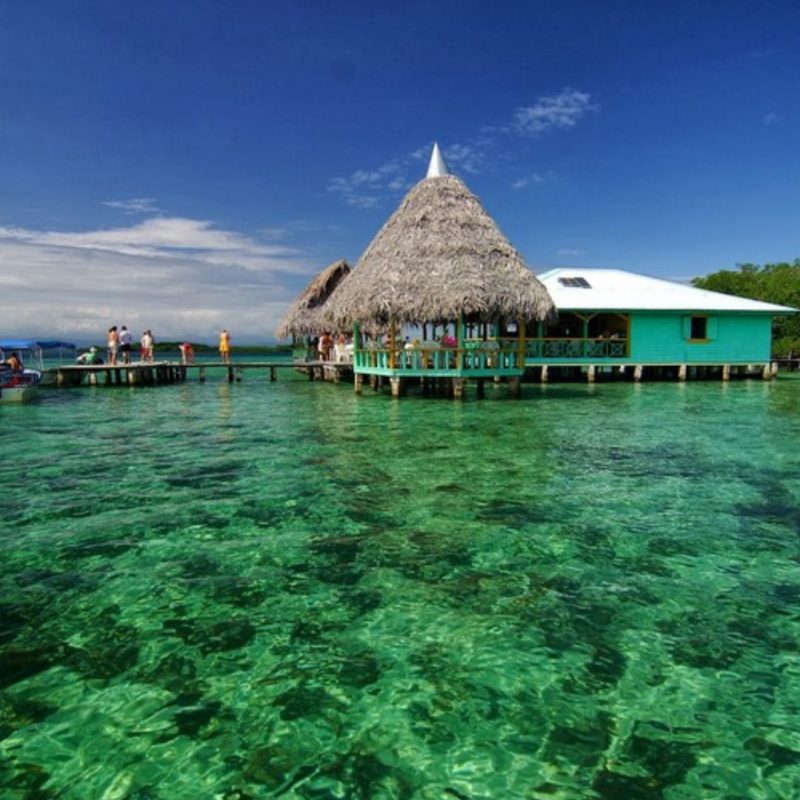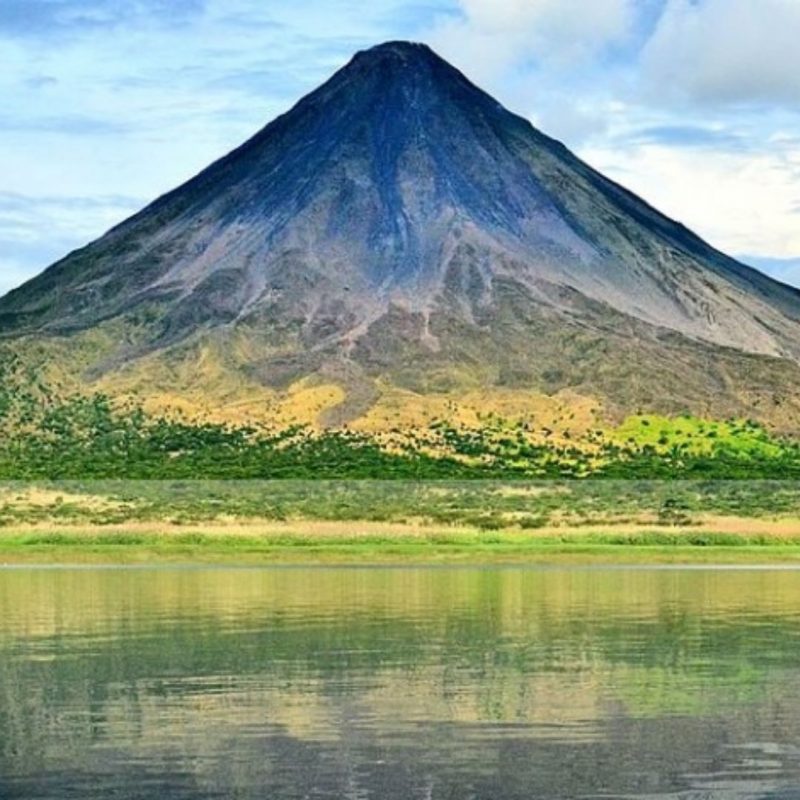Hospitality in real estate includes renting houses and private villas, developing tourist resorts, and offering food and relaxation services. Thanks to its high tourist numbers, Costa Rica is one of the most desired destinations in the region for hospitality services. This is because of its beautiful natural scenery, rich culture, and commitment to environmental sustainability. Here’s everything you need to know about buying a hospitality property in Costa Rica.
Benefits of Investing in Hospitality
The value of the property
The value of a hospitality property is divided into different aspects:
- Heritage Value: The property is inherited and enjoyed among family and close ones.
- Economic Value: A hospitality property generates income and can serve as economic support or additional income.
- Sentimental Value: Linked to heritage value, a property can be enjoyed in many ways, fostering connections with others or providing personal time, which is a significant added value.
- Investment Value: The possibilities for developing a hospitality property are endless, making it a primary investment objective.
- Environmental Value: Properties near conservation areas contribute to environmental protection through tourism.
Growing demand
The demand for accommodation in hotels and hospitality properties continues to grow, especially in popular tourist destinations or urban areas with high economic activity, such as Costa Rica.
Growing tourism
Our country is known for its natural beauty and growing tourism industry. The demand for tourist accommodation, such as hotels, resorts, and vacation homes, continues to increase.
Facilities for foreigners
Costa Rica offers incentives and facilities for foreign investors, making the process of property acquisition and investment in the hospitality sector easier.
Guides To Buy by area


